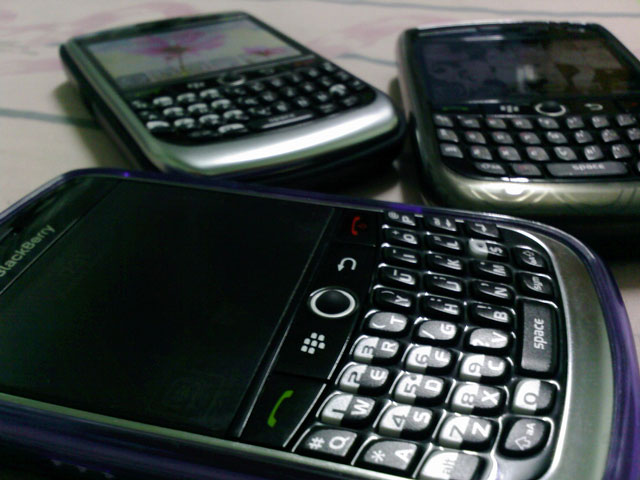 Watching BlackBerry over the past few years has been like watching a train wreck in slow motion. The company, whose name was once synonymous with smartphones, has stumbled from one disaster to another.
Watching BlackBerry over the past few years has been like watching a train wreck in slow motion. The company, whose name was once synonymous with smartphones, has stumbled from one disaster to another.
This week, things got a lot worse. BlackBerry warned that it would post a quarterly operating loss of almost US$1bn and would lay off 4 500 employees, or 40% of its workforce.
It has now received an offer from a consortium led by its largest shareholder, Fairfax Financial, to take it private. But the Fairfax consortium is offering BlackBerry shareholders just $9/share, valuing the company at $4,7bn — a tiny fraction of its June 2008 peak market cap of $81,6bn.
BlackBerry’s announcement that it plans to focus its efforts on the enterprise market, where it was once so strong — its smartphones and e-mail infrastructure were once indispensable in the business world — suggests it may be about to commit another grave mistake, one that could accelerate its downward spiral. It is poised to take a high-risk bet that it can recapture a market in which it has little chance of success while ignoring the one space — cost-conscious consumers in emerging markets — in which it still enjoys brand loyalty.
BlackBerry’s woes, like those of Finland’s Nokia, can be traced back to 2007 and the launch of the original Apple iPhone — a disruptive smartphone that rewrote the rules of the game. Like Nokia, BlackBerry had become complacent and did not adapt fast enough to counter the threat the iPhone posed.
Both Nokia and BlackBerry had ageing operating systems designed for the era when phones had keypads and were used predominantly for voice calling and e-mail rather than for browsing the Web, watching YouTube, playing games and listening to music.
Nokia abandoned its Symbian platform, jumping off a “burning platform” — as former CEO Stephen Elop described it — and into the arms of Microsoft (Elop’s former employer), which is also fighting hard to remain relevant in the smartphone space.
Earlier this month, Microsoft announced that it was buying Nokia’s phones and devices business in a deal that looks suspiciously like a bailout.
Many argue that Nokia should have embraced the more popular Android rather than staking its future on Windows Phone; others say it was a smart move because shifting to Android would have made it hard for the company to differentiate itself from other Android phone makers such as Samsung and HTC. I am in the former camp, but given the Microsoft deal the debate is now purely academic, because there is zero chance of Nokia ever releasing an Android smartphone.
Unlike Nokia, BlackBerry decided to develop its own new operating system. It poured enormous effort and time into BlackBerry 10, finally launching its first BB10 device, the touch-screen Z10, earlier this year, followed by the keyboard-based Q10 and cheaper Q5 device. Sales have been disappointing.

BlackBerry went after a market that had already largely moved on to other platforms. It was never going to win them back with a largely me-too product.
BlackBerry has not — to date, at least — focused its efforts around BB10 on the markets where it still has strong brand loyalty: emerging markets such as South Africa, Nigeria, Indonesia and Mexico, where the low running cost of its older BB7 phones — cheap data plans, in particular — has resulted in strong sales. BlackBerry’s cheaper Curve products sell well.
This makes its stated plan to try to re-establish itself in the corporate and government space look all the more strange. Why go after a market that has moved on to other platforms rather than intensifying the focus on the one area in which the company is still relatively successful?
BlackBerry is not dead yet. But this week’s developments have taken it much closer to the precipice.
- Duncan McLeod is editor of TechCentral. Engage with him on Twitter
- This column was first published in the Sunday Times

